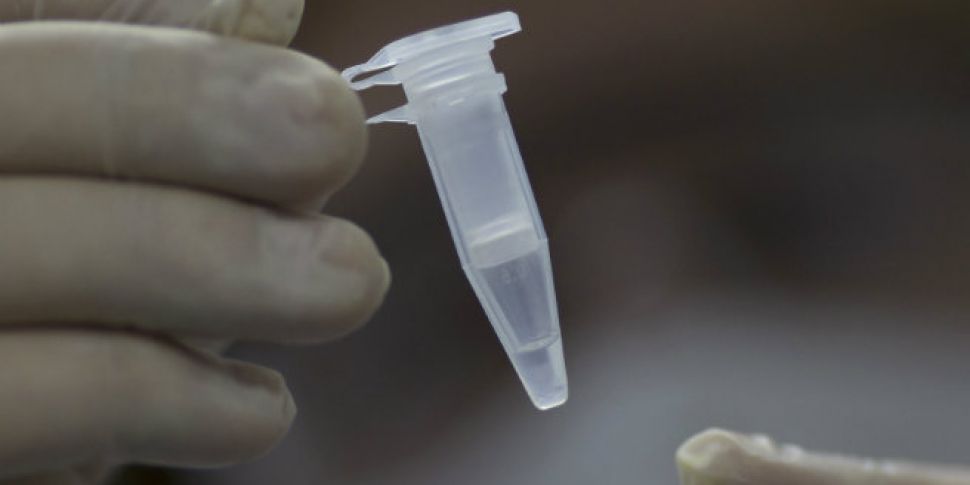A 10-minute saliva test could revolutionise the diagnosis of cancer - with the scientist behind the technique hoping it could be available within four years.
The "liquid biopsy", which costs just €20, uses a single drop of saliva to look for fragments of a genetic molecule linked to the disease.
Current tests for cancer often have a two-week turnaround time, but this breakthrough means a diagnosis "can be done in a doctor's office while patients wait".
So far, saliva tests on lung cancer patients have had "near-perfect" accuracy and the professor who pioneered the breakthrough say it could be used to diagnose other cancers.
Professor David Wong, from the University of California at Los Angeles, said: "One that comes to mind and is on our agenda is pancreatic cancer where one gene is mutated in 95% of patients … currently there are no effective early screening capabilities for pancreatic cancer at all."
He believes the new technology could be made available through pharmacies, allowing patients to get results in the comfort and privacy of their own homes.
"Down the road it might be possible to test for multiple cancers at the same time," Professor Wong added.
Prototype products are being built which will be tested in China and continental Europe this year - and the saliva tests would need to be given regulatory approval before becoming available in individual countries.
"This technology is global. We're very enthusiastic and excited. The most important issue is performance and we have the capability," said Professor Wong.
"Early detection is crucial. Any time you gain in finding out that someone has a life-threatening cancer, the sooner the better."









